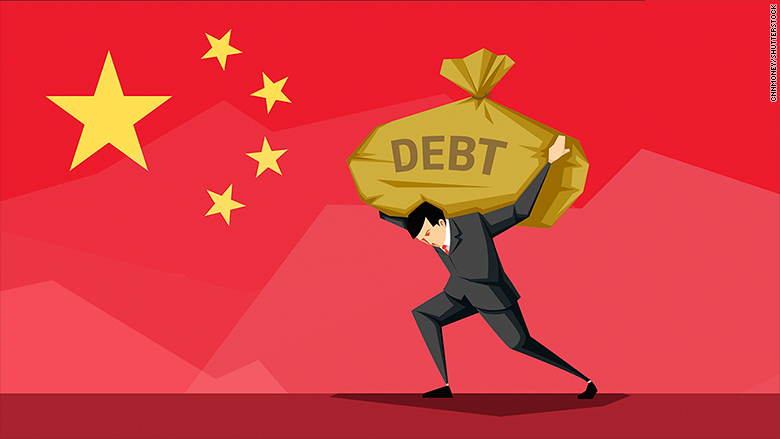
Zhang Monan, Deputy Director of Institute of American and European Studies, CCIEE
Jan 30, 2018
A solution to local government debt is strengthening the central bank’s supervision over it.
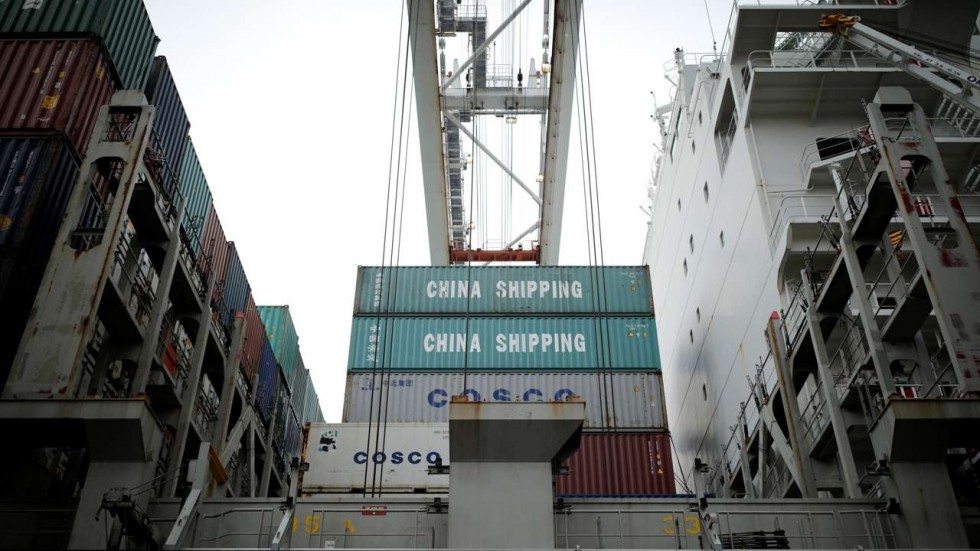
Lawrence Lau, Ralph and Claire Landau Professor of Economics, CUHK
Jan 30, 2018
Recently the National Bureau of Statistics of China (NBSC) reported a rate of growth of real GDP of 6.9% for 2017, a slight increase from the 6.7% in 2016. This announcement was welcome by much of the world but it was also met with the usual skepticism in some quarters, especially because of the recent voluntary revelations by certain regions that they had been over-stating their economic data in the past.
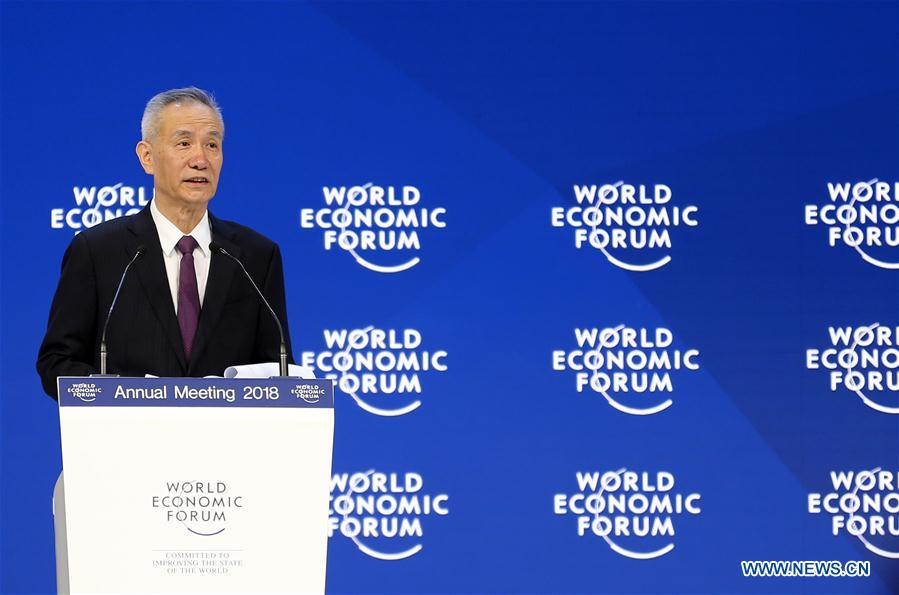
Jan 29, 2018
China is determined to fight three critical battles: preventing and resolving the major risks, conducting targeted poverty reduction, and controlling pollution.
Jan 29, 2018
China last week released its first ever official white paper policy document on the Arctic, outlining China's plans to expand the already ambitious Belt and Road Initiative to the Arctic.
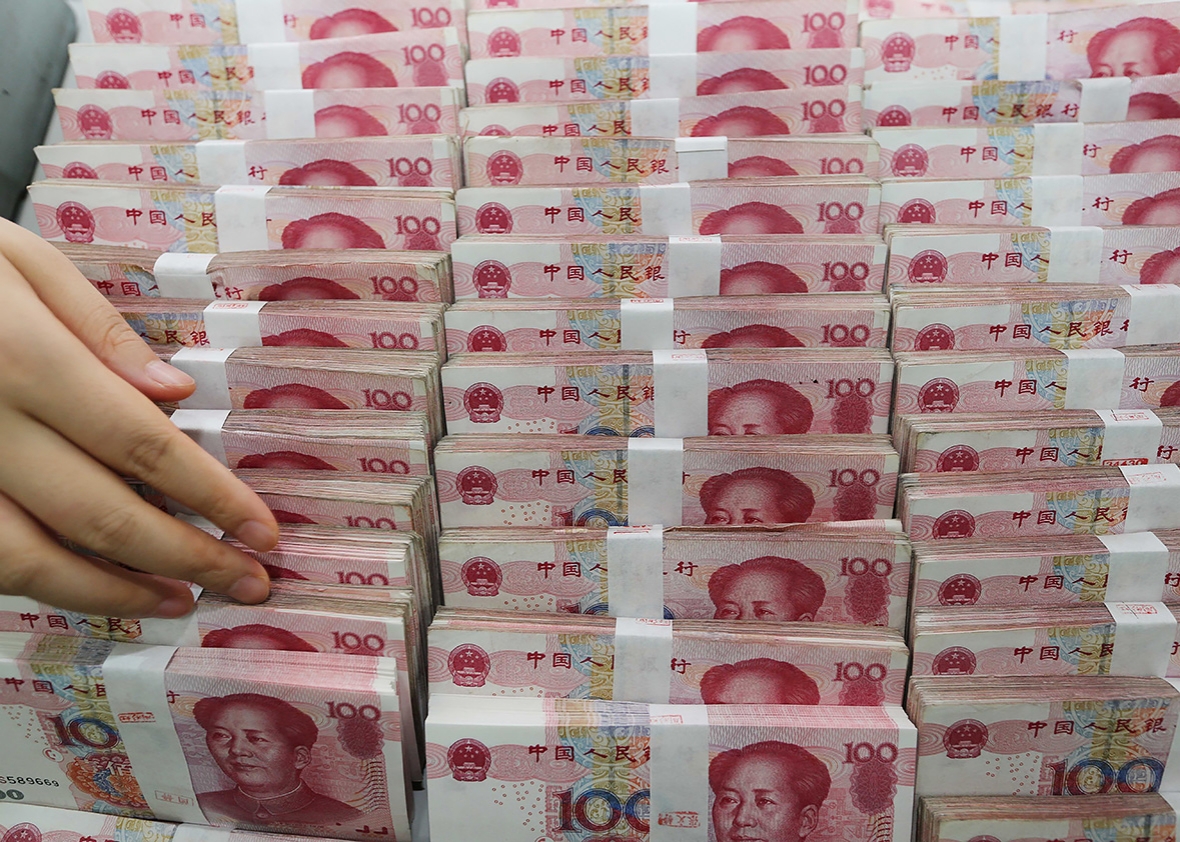
Zach Montague, News Assistant, New York Times
Jan 29, 2018
The fact that multiple cities and provinces in China are confessing to runaway data manipulation might strike some onlookers as bizarre. Major discrepancies between reported and actual growth in recent years would seemingly call into question even the most basic assumptions about the health of the Chinese economy and the trajectory of its growth.

Peter Bittner, Lecturer, University of California, Berkeley
Jan 29, 2018
As President Khaltmaagin Battulga’s administration plans new multilateral infrastructure projects with China and Russia, it appears to be gradually shifting away from its "Third Neighbor" relationships, chief among them its relations with the United States.
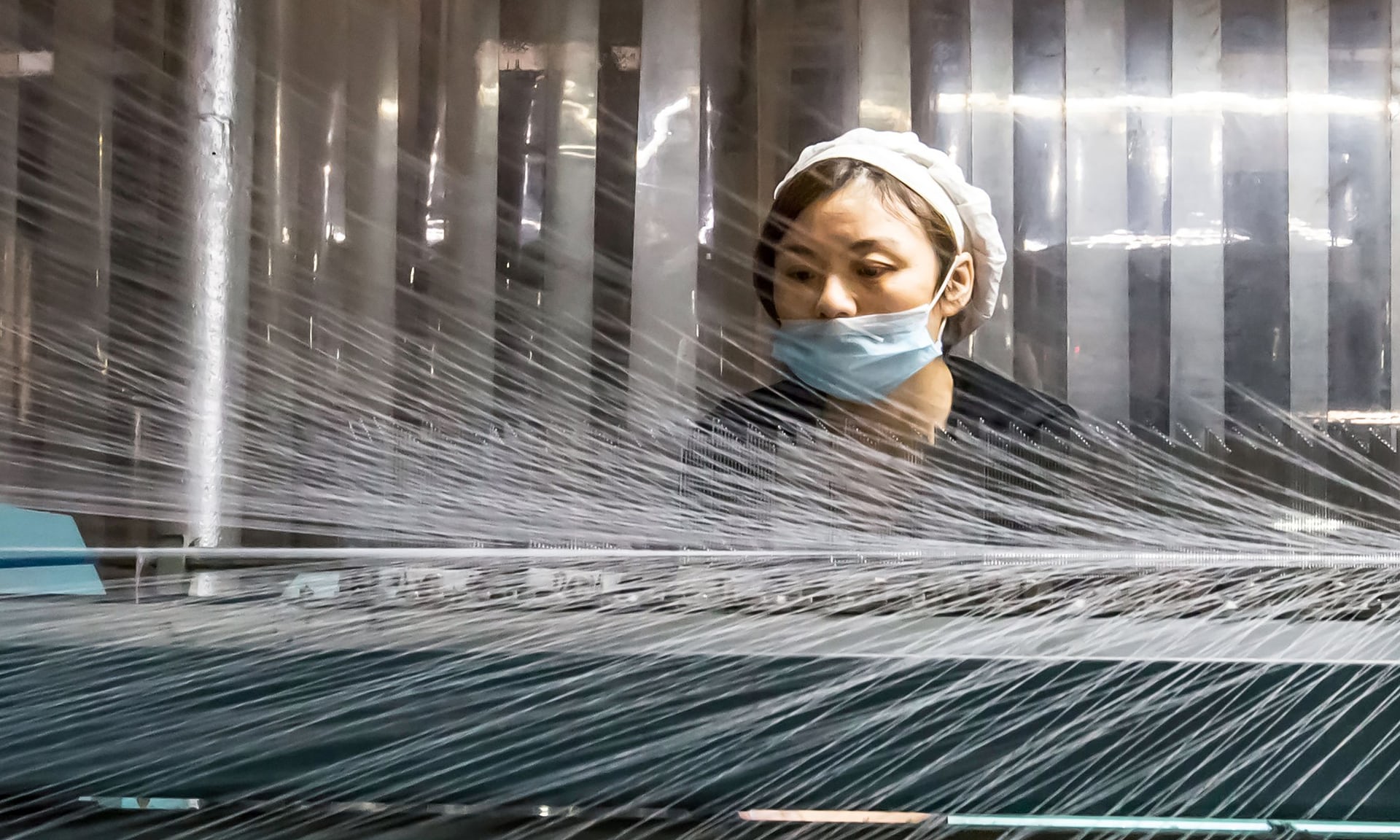
Zhang Monan, Deputy Director of Institute of American and European Studies, CCIEE
Jan 23, 2018
China is easing its trade restrictions. The US should too.
Jan 22, 2018
Chinese companies are facing barriers as the U.S. continues to restrict the market entry of foreign companies considered a national security risk.
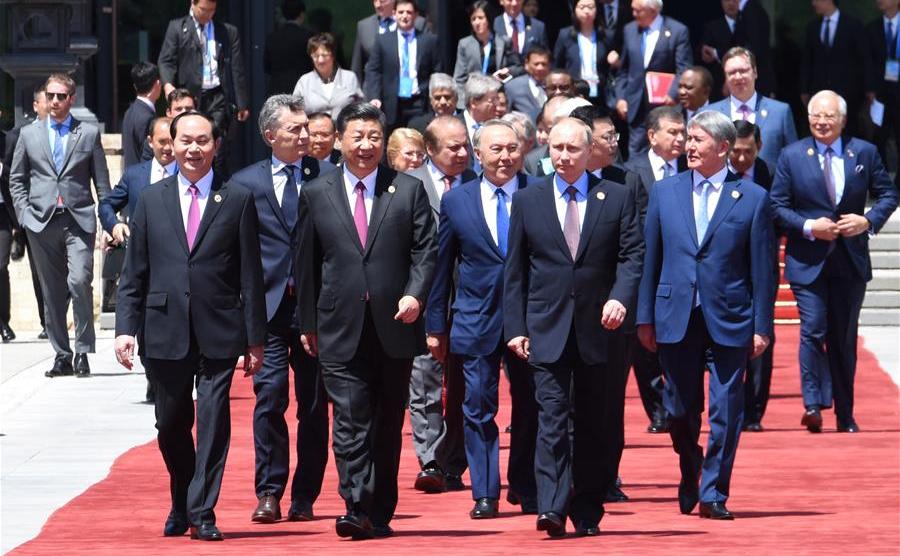
He Yafei, Former Vice Minister of Foreign Affairs
Jan 17, 2018
Security and the economy are the two key areas of global governance. Zero-sum game thinking on these issues should be avoided at all costs.
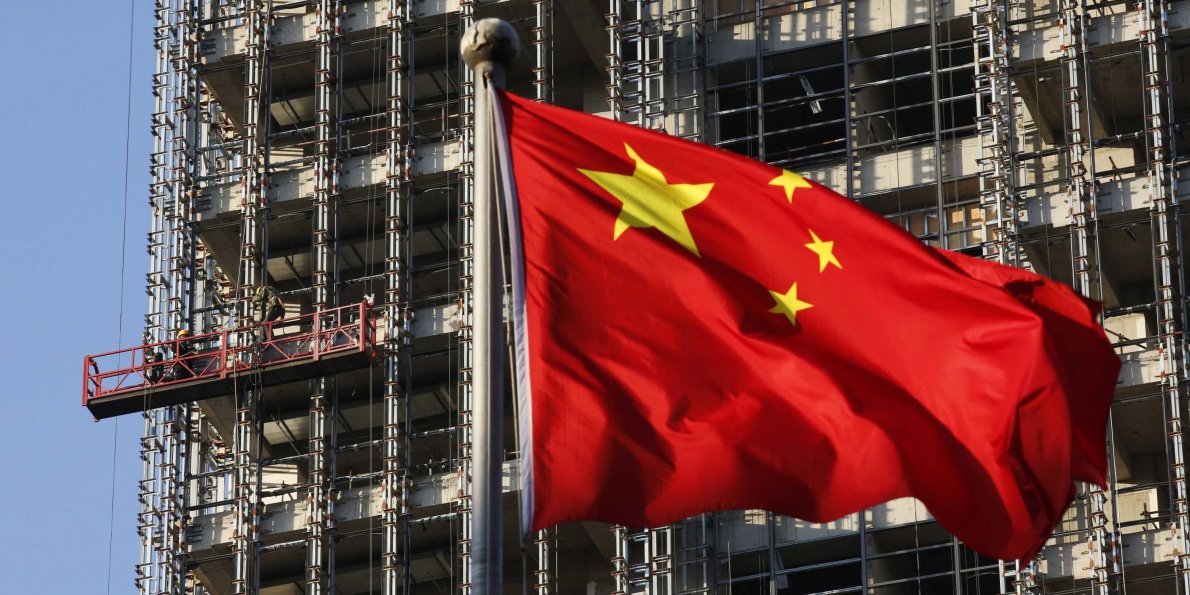
Niu Tiehang, Senior Fellow, CCIEE
Jan 16, 2018
The bright side of 2018 is the continuation of Chinese innovation-led new economy. We will see it lead Chinese economic structural change further to new heights.
Back to Top

- China-US Focus builds trust and understanding between the U.S. and China through open dialogue among thought leaders.
- Our Offerings
- Topics
- Videos
- Podcasts
- Columnists
- Research Reports
- Focus Digest
- Stay Connected
-
Thanks for signing up!
- Get the latest stories from China-US Focus weekly.